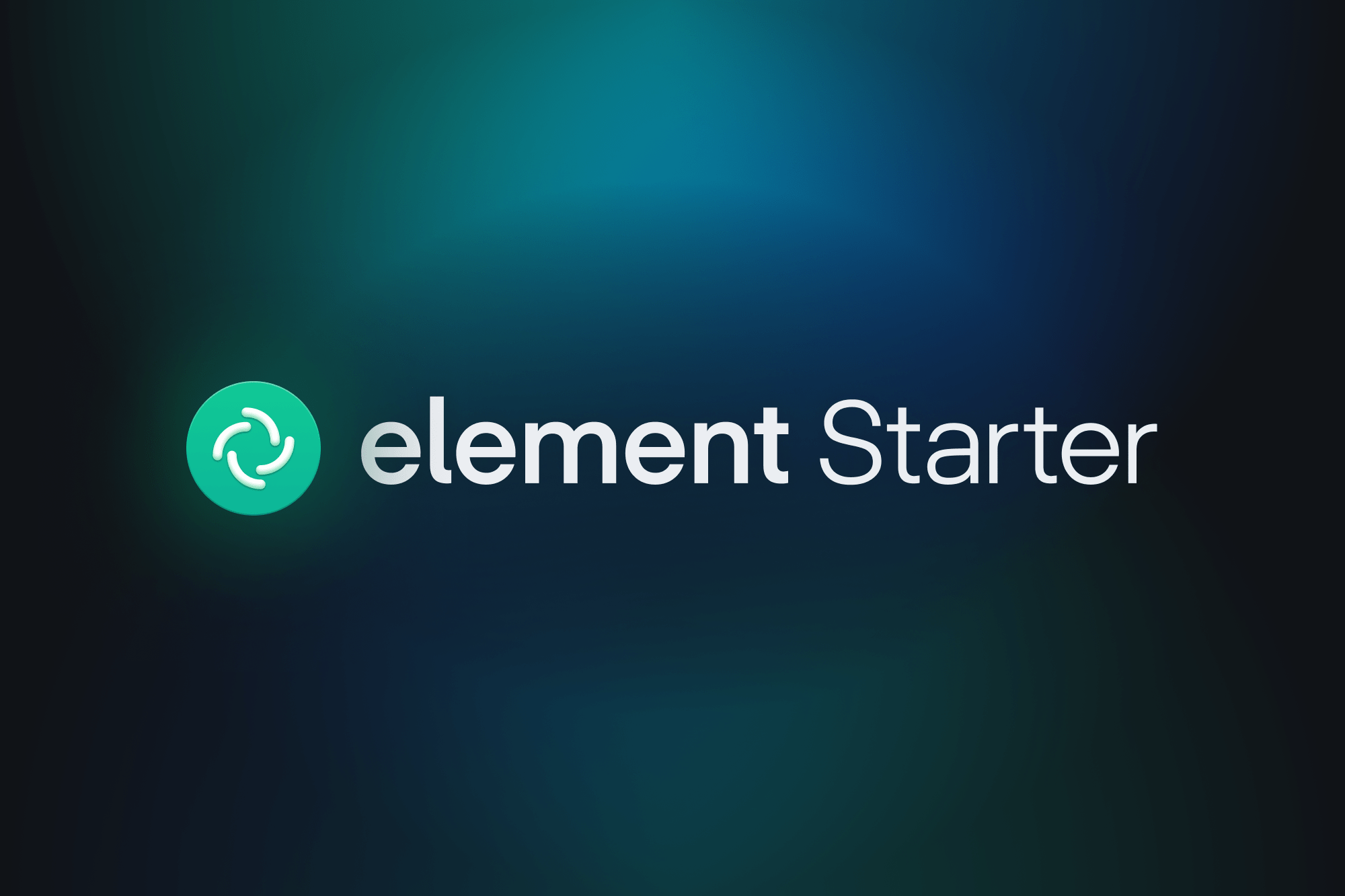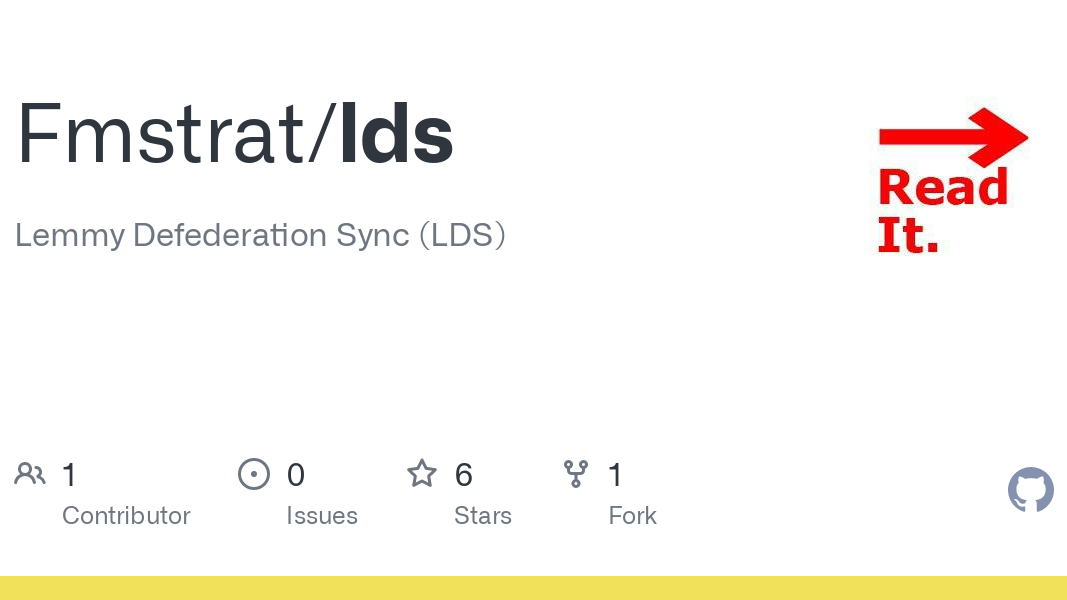

My understanding is the stability risks come from active development additions vs “fixes” during that stage of the development cycle.
https://linuxiac.com/torvalds-expresses-regret-over-merging-bcachefs-into-kernel/
Simply put, only small bug fixes are allowed after the post-merge phase to integrate changes into the current kernel cycle. However, Overstreet’s PR included more than just fixes; it continued to develop new features, which always carry risks. That’s why Torvalds was unhappy with it. As a result, the changes were rejected.
…
Currently, the file system is being actively developed. Although it shows great potential with impressive features and strong data reliability, it’s not yet stable enough to be adopted by major Linux distributions as a proven and reliable solution.
YMMV, but my production systems will stick with ZFS since it’s kernel release updates are clear when there are “upgrades” vs “updates”, as you do those manually when it alerts you.
“Stable” in this context doesnt mean “your PC will definately crash and you will lose data!”, bcachefs is well past that. It means that the development is too active to be considered production ready since the code changes are too large to confirm the scary bit won’t happen (as much as can be).
Even JC threw in the towel on bcachefs-tools due to this: https://www.phoronix.com/news/Debian-Orphans-Bcachefs-Tools



And so have countless closed-source developers/companies/applications. A vulnerability existing does not change the fact that FOSS projects should be funded more.